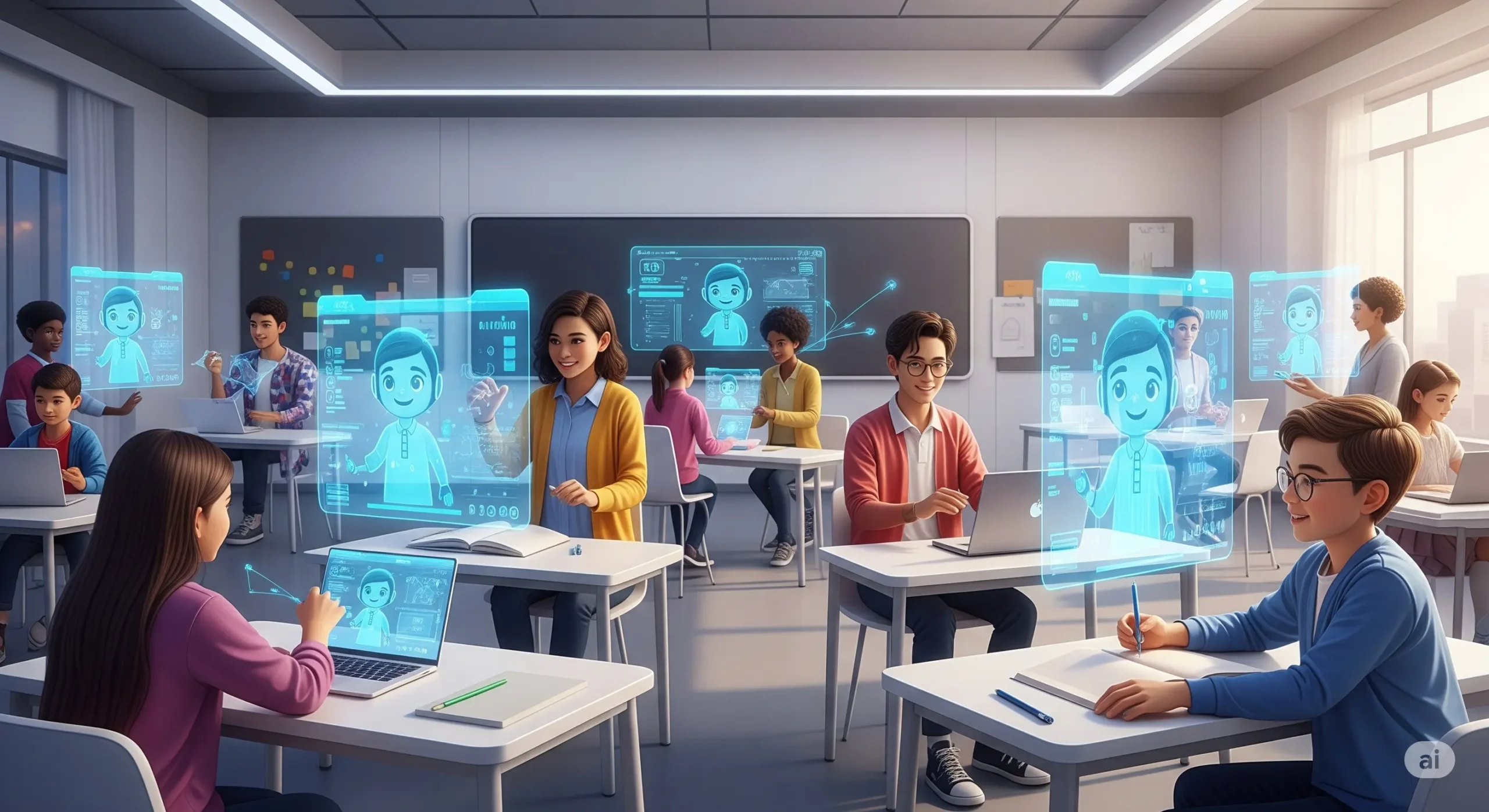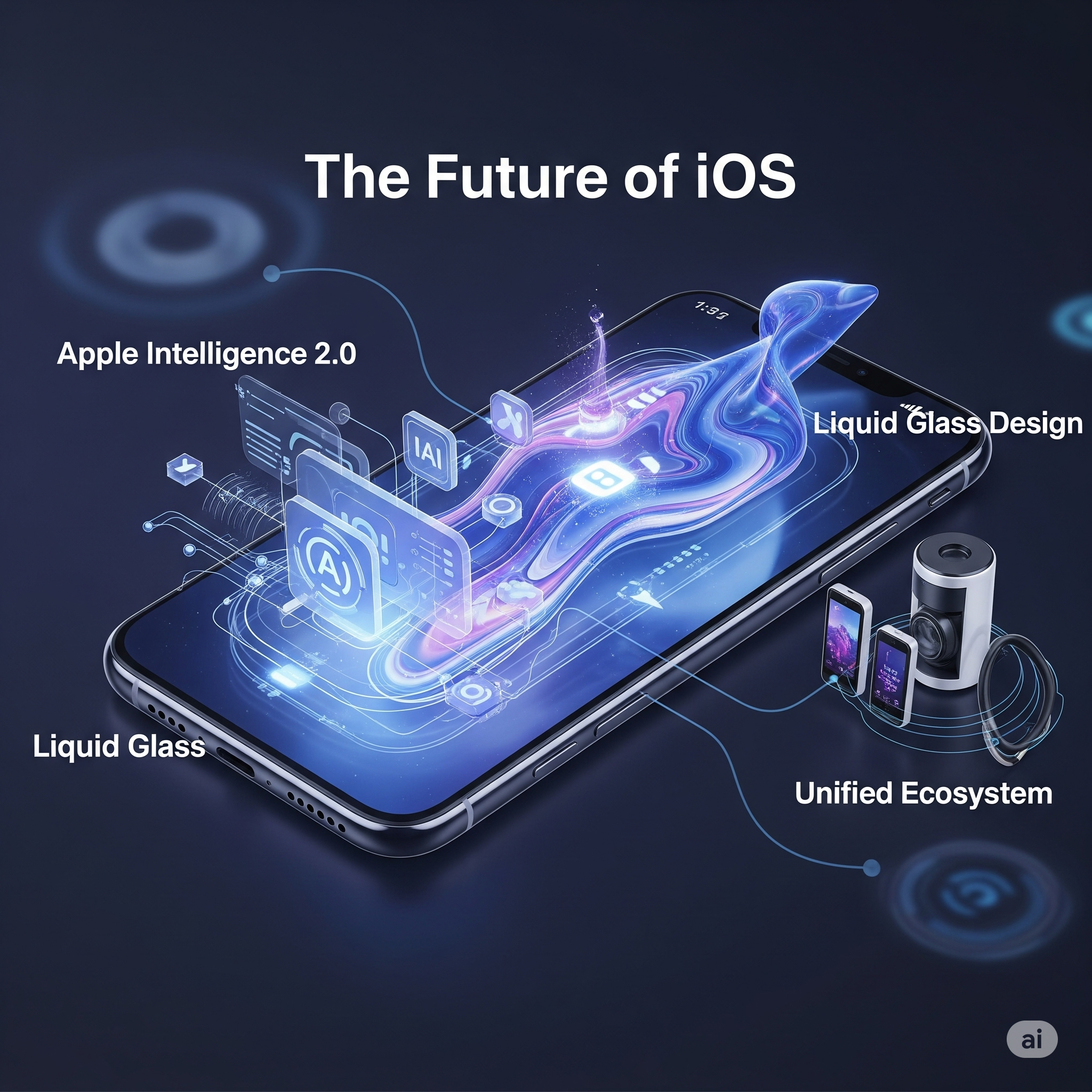Artificial Intelligence is no longer a distant concept—it’s now at the heart of modern education. In 2025, AI tutors are reshaping how students learn, teachers instruct, and institutions function. With tools like ChatGPT, Sora, and Khan Academy’s Khanmigo gaining traction, the education sector is experiencing a significant transformation.
What Are AI Tutors?
AI tutors are virtual assistants powered by machine learning and natural language processing. These tools can:
- Answer student questions in real-time.
- Provide explanations tailored to a learner’s level.
- Offer quizzes, practice problems, and feedback instantly.
- Track progress and adapt content based on performance.
Unlike traditional learning models, AI-based education is personalized, flexible, and available 24/7.
The Benefits of AI in Education
1. Personalized Learning Paths
AI tutors analyze individual student performance and adjust the difficulty and style of teaching accordingly. Whether a student is a visual learner or prefers hands-on practice, AI adapts to their needs.
2. Accessibility for All
Students with learning disabilities or language barriers can benefit from voice-to-text, translations, and adaptive feedback systems. AI bridges gaps that traditional classrooms sometimes overlook.
3. Teacher Support, Not Replacement
Contrary to fear, AI isn’t replacing teachers. Instead, it acts as a support system—handling repetitive tasks like grading or FAQ answering, giving educators more time to focus on student engagement.
4. Instant Feedback
No more waiting days for test results or paper reviews. AI tutors can give immediate feedback, helping students understand mistakes and improve faster.
Popular AI Tutors in 2025
- ChatGPT (OpenAI): Offers explanations, essay help, and coding support.
- Sora (OpenAI): A video-based AI that interacts with students using avatars.
- Khanmigo (Khan Academy): AI tutor trained to follow a curriculum and guide students step-by-step.
These tools are widely used by schools, homeschooling parents, and even universities.
Concerns Around AI in Education
Despite the advantages, educators and parents have valid concerns:
- Academic Integrity: Will students rely on AI to do their homework?
- Data Privacy: How secure is student data shared with these platforms?
- Critical Thinking Loss: Is AI spoon-feeding answers without encouraging deep learning?
Regulations and responsible AI usage policies are evolving to address these issues.
The Future of Learning: What’s Next?
In the coming years, we can expect:
- More integration of AI into national curricula.
- AI-based assessments replacing traditional tests.
- Gamified learning powered by real-time AI analytics.
- AR/VR classrooms combined with AI guidance.
Final Thoughts
The rise of AI tutors is a game-changer for education. While challenges exist, the benefits of personalized learning, accessibility, and scalability far outweigh the risks when used responsibly. As we move forward, a balanced approach—embracing technology while preserving the human touch—will define the future of learning.




